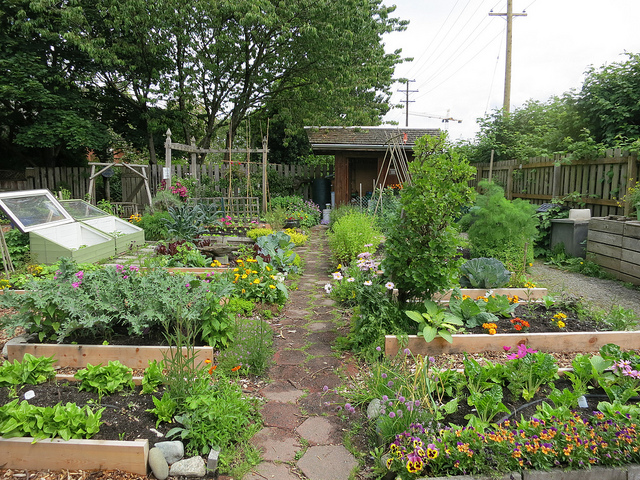In recent decades, the growth dependency of capitalist economies has increasingly become object of critique. More and more voices are calling for a radical break with this growth logic, not least for reasons of ecological and social sustainability. Degrowth as a prominent critique of growth, however, goes beyond a purely economic transformational concept, as it offers a vision of a different society. A society that abandons growth would have to be based on completely different economic, social, cultural and political conditions.
This theme week on Degrowth focuses on “paths into transition”. It specifically addresses opportunities and approaches for a planned, democratic, and peaceful transition to an economy without growth dependency. We aim to discuss central questions such as which actors can promote such a transition; what challenges they confront; and how to avoid provoking new crises and cleavages.
We will problematize the concept of Degrowth with regard to three dimensions that require a postcolonial perspective. First, a common critique claims that although degrowth or post-growth may be conceivable in the rich countries of the Global North, they ignore the material and social realities of the Global South. In this sense, degrowth concepts have to engage with the allegation of Eurocentrism. A second focus is on work, because a reorganization of work and the societal division of labour seems to be crucial for any transition towards degrowth. Here, feminist perspectives in particular help to overcome the old yet still influential juxtaposition between productive employment and unproductive care work. Thirdly, degrowth is not least about a different understanding of nature. The Western subject-object dualism has been criticized many times, and we want to ask to what extent experiences from North and South can contribute to a different understanding of nature.
In the digital theme week, renowned experts will discuss these questions with us, in which theoretical as well as practical-activist questions go hand in hand.
Program:
20.01.2022: 10:00 - 12:00 a.m. (CET): Vandana Shiva
(Title to follow soon)
Comment: Andrea Vetter
Discussion
21.01.2022: 10:00 - 12:00 a.m. (CET): Jason Hickel
"Imperialism and the Degrowth Imperative"
Comment: Federico Demaria
Discussion
27.01.2022: 10:00 - 12:00 a.m. (CET): Ashish Kothari and Shrishtee Bajpai
"Eco-swaraj: Radical Ecological Democracy towards Justice and Sustainability"
Comment: Christine Löw
Discussion
28.01.2022: 10:00 - 12:00 a.m. (CET): Ariel Salleh
"Subliminal Economies"
Comment: Ana Carballo
Discussion
Registration:
Please register by sending an e-mail to: zukuenfte.der.nachhaltigkeit@uni-hamburg.de
Registered participants will receive the Zoom access details shortly before the Conference. Until then, we kindly ask for your patience.
Organization: Prof. Dr. Frank Adloff / Dr. Philipp Degens / Dr. Sarah Lenz

How a feminist degrowth approach can alleviate ecological and gender injustices Is it possible to reconcile sustainable development, a fair distribution of both paid and unpaid work among genders, and an economic strategy based on growth? In our article “The Monetized Economy versus Care and the Environment? Degrowth Perspectives on Reconciling an Antagonism”, a contribution to the 2018 Femini...
Shortly before the start of the Climate Camp and the Degrowth Summer School, we are changing the venue of our camp. We have found an even better place in close proximity to the open cast mine Garzweiler. Further information is available here

By Ted Trainer The Transition Towns movement, and related initiatives such as Eco-village, Permaculture and Voluntary Simplicity movements, are taking the first steps that must be taken if we are to solve global sustainability and justice problems. But I want to argue that unless they (eventually) undertake significant change in their focus and goals they will [...]